Passing your driving test first time is a great achievement and something that we make possible for 92% of our pupils. We make passing your driving test first time easy, with our fully qualified, experienced driving instructors who know how to get you that first-time pass.
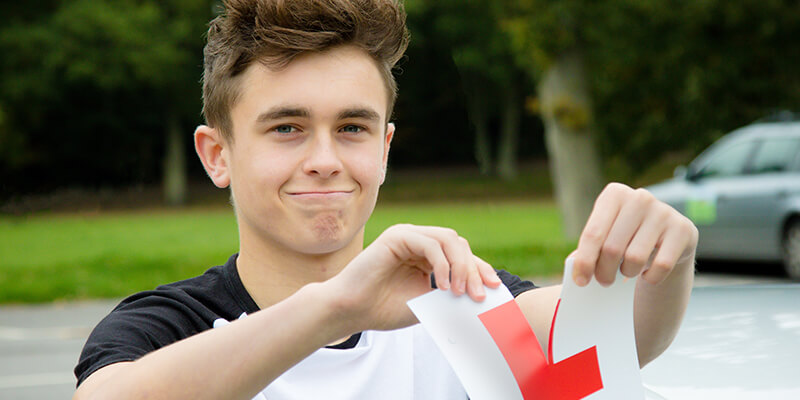
Passing the first time is not guaranteed, and in the long run, it doesn't matter whether you pass 1st time or 4th time! However, if passing the first time is something you like the sound of, here are our top tips on how to pass your driving test first time.
How many people pass their driving test first time?
So how many people pass their driving test first time? The average first-time pass rate in the UK is 49%, this means that less than half of all learner drivers taking their test, pass first time. Based on this statistic, learning to drive with DRIVE321, you could double your chances of passing first time as our first-time pass rate is 92%.
Arrive at the test centre early
You want to make sure you arrive at the test centre early so that you are not in a rush and at risk of missing your test. However, arriving too early is not advisable either, if you enter the test centre car park too early, you may be asked to leave and come back nearer to the time. Ideally, you should aim to arrive approximately 5-10 minutes before your test starts. If you arrive too early, you can always wait in a suitable place nearby the test centre, rather than entering the car park. You can use this time to go over any last questions with your instructor or practice your show me tell me questions.
Have a lesson before your test
We highly recommend having a driving lesson the day before your test or on the day of your test. Having a driving lesson before your test will help to ease any nerves and is a chance to go over anything you may be worried about. You can use this time to practice any test routes you're not 100% confident with and practice manoeuvres.
Having a lesson directly before your test can be extremely helpful. For example, if you're taking your driving lessons in Milton Keynes, the first test of the day at Bletchley driving test is at 8:10 am. We would suggest scheduling in a 1-hour driving lesson for 7:00 am and finishing your lesson at the test centre at 8:00 am. Having a lesson directly before your test is a good idea as it will get you into the right frame of mind for your test.
It would be best if you discussed when you are thinking of booking your test with your instructor before you go ahead and book it so that they can make space in their diary. Your driving instructor is also the best person to tell you when to book your test as they will know if you're ready. They may suggest you need to have a few more lessons before you book.
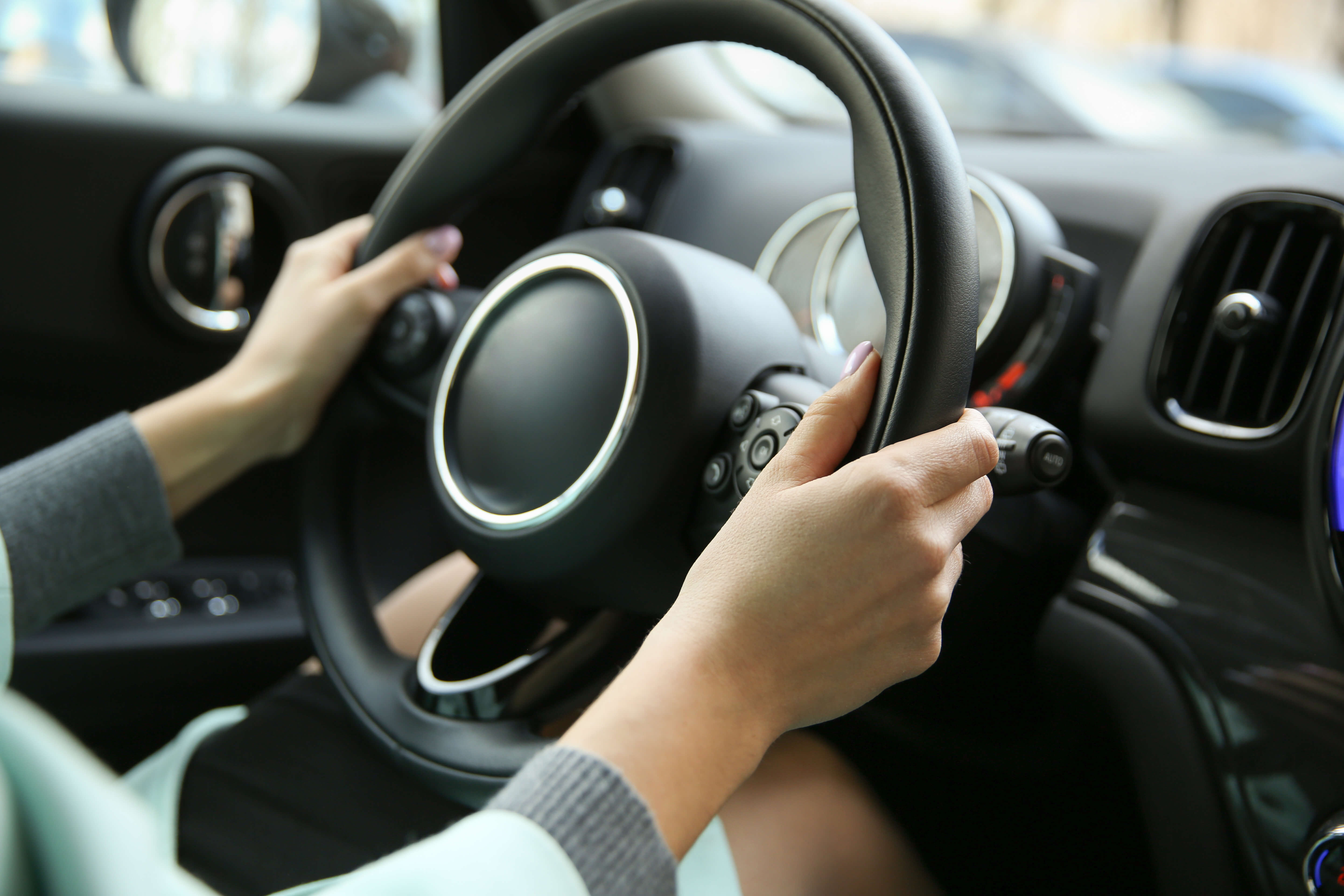
Choose a local test centre
When booking your driving test, choose a test centre that is local to you and in the area where you've had your lessons. For example, if you've been having your driving lessons in Bedford, your local test centre would be Cardington. Your driving instructor will be expecting you to take your test at Cardington test centre and will have shown you the relevant test routes irrespective of this. You will also be familiar with the local roads and junctions where you've been learning.
Learn and understand the marking sheet
Learning the examiners marking sheet is a great way to prepare yourself for your test. Familiarising yourself with the marking sheet before your test will help you understand how your driving will be marked and tested, and it may give you some peace of mind.
The driving test marking sheet is divided into sections, for example, control and judgement. If you receive more than four minor faults in one section, you will fail the driving test. Receiving just one serious/dangerous fault in a section will also result in a fail.
Don't worry if you see the examiner writing on the marking sheet during your test; they will be making notes throughout your test. Stay focused on what you're doing, not what your examiner may or may not be putting on their sheet.
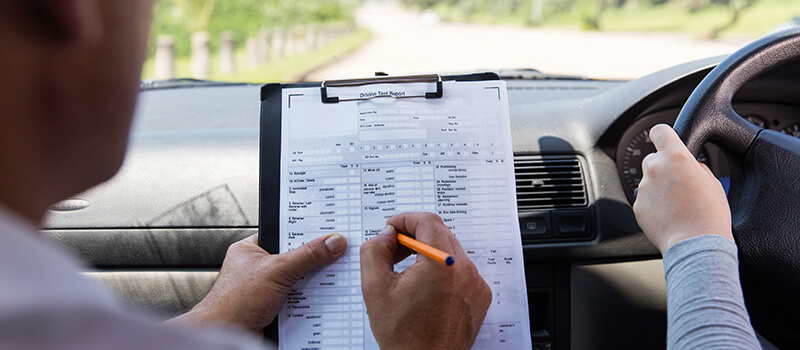
Practice makes perfect
The earlier you start preparing for your driving test, the better. We recommend having one 2-hour lesson a week in the lead up to your test. Longer lessons will mean your instructor has enough time to do some general driving practice and manoeuvres, as well as carry out mock driving tests.
Mock driving tests are an excellent way for you to see what the real thing will be like, so you know what to expect on the day. Your driving instructor will act in the same manner as an examiner would, only speaking when giving instruction and making notes. Some learners may find this awkward or unsettling, to begin with, so you must get used to it before the real thing.
Mock driving tests are also the perfect opportunity for your instructor to pick up on anything you need to work on before your test that they may not have noticed during normal lessons.
Don't forget to revise the show me, tell me questions in the lead up to your test. Your driving instructor will have been going over these questions throughout your time learning so you should be confident with them by the time your test rolls around. As part of your driving test, the examiner will ask you two of these questions.
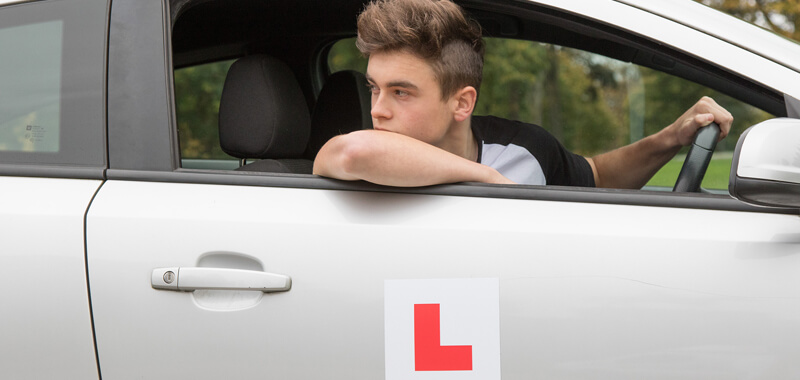
Don't let nerves get the better of you
When we feel nervous, it's our bodies way of telling us that whatever we're nervous about is important to us. Taking your driving test is a big deal, and you care whether you pass or fail.
It's completely normal to feel nervous before your driving test; however, its essential you know how to manage your nerves, so they don't take over. Making sure you're mentally and physically prepared for your test is one of the best ways to help driving test nerves. Getting in enough practice before your test and making sure you have a good nights rest are ways you can mentally and physically prepare yourself.
Choose the right time for your driving test
Believe it or not, the time of day you take your driving test can affect whether or not you pass. We think the best time for your driving test is first thing in the morning. Try and secure a slot for the first test of the day, usually at around 8:00 am. At this time of the day, the roads are still reasonably quiet, and your instructor will have shown you the test routes for this time of day.
Taking your test first thing in the morning also means you can get it out of the way, rather than thinking about it all day which could make you feel more nervous. Once you've taken your test, whether you've passed or failed, you can get on with your day.
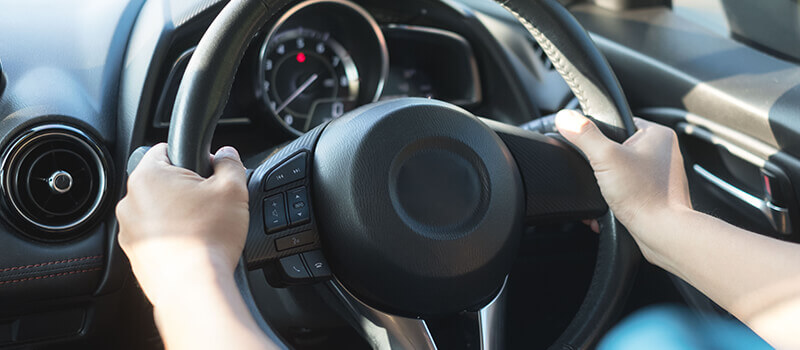
Don't dwell on mistakes
If you make a mistake during your test, try not to let it put you off and affect the rest of your drive. Something you might think you've failed for, your instructor may use their discretion and mark it as a minor fault. If you let a small mistake affect the rest of your drive, you're likely to make more mistakes. Remember, you're allowed up to 15 minor faults during the test, so if you make a mistake, it doesn't necessarily mean you've failed.